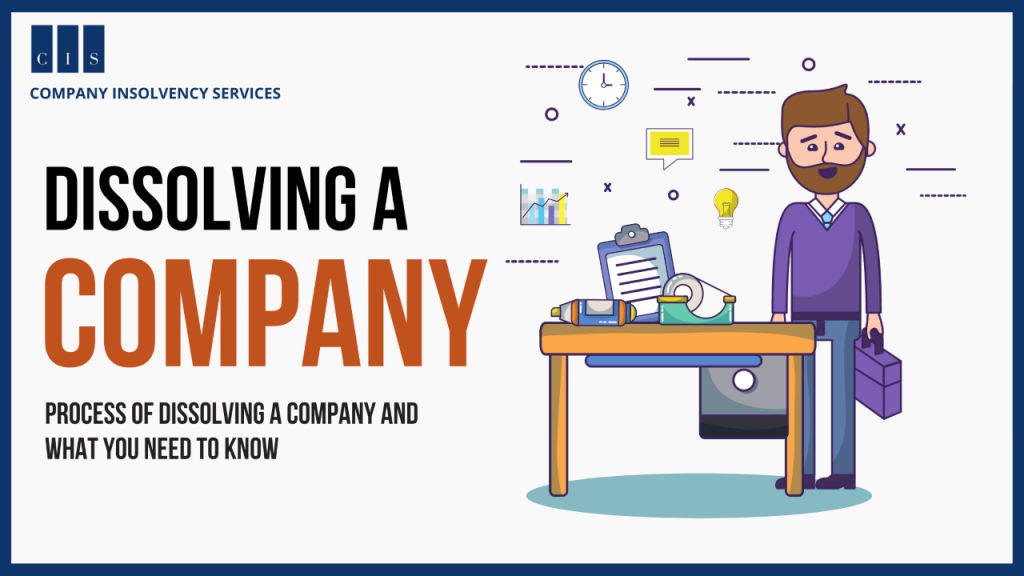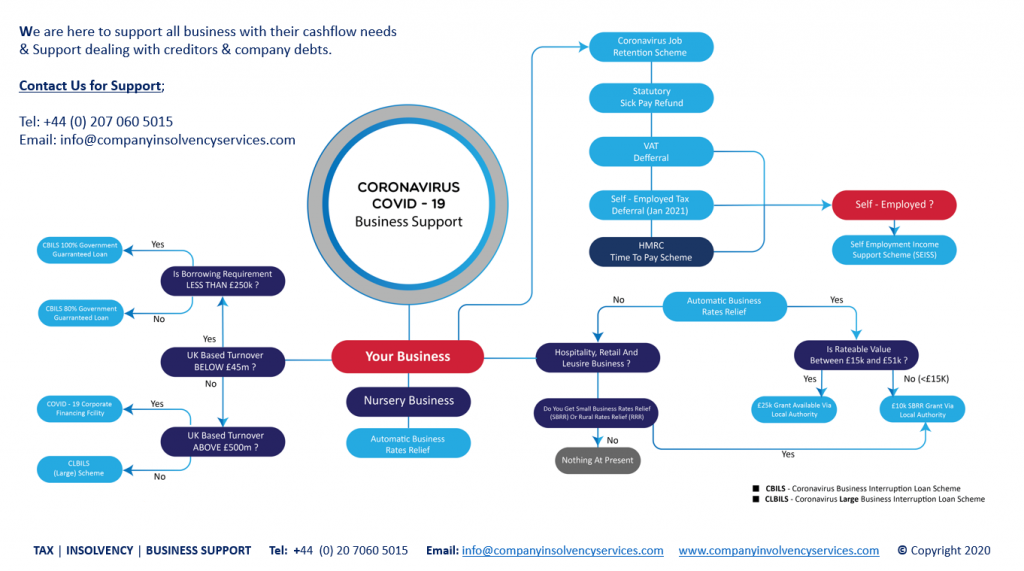HOW IS THE PROCESS STARTED?
The procedure for dissolving a company in the United Kingdom normally starts with the liquidator applying to court. This application is generally prepared by a solicitor and filed on behalf of the liquidator, although he may do this himself if he is legally qualified. The liquidator will need to show that:
(1) All or substantially all of the company’s property has been realized;
(2) There are no unpaid debts; and
(3) There are sufficient assets remaining to cover his costs as liquidator. A copy of this application form should be sent to every creditor known to the liquidator together with a notice of meeting which must be held within 21 days after service of these applications on the creditors. This notice of the meeting must be sent to every creditor by first class post at least 21 days before the date of the meeting.
The liquidator then needs to send out a report to his creditors which can be very briefly summarized as follows:-
1) How much has been realized in total?
2) How much is owed?
3) What is the shortfall, if any?
4) What are your (the liquidators’) costs? (i.e. fees and expenses);
5) When do you think dividends will be available;
6) Where is any surplus that may remain after payment of your fees and expenses; and
7) When do you think the liquidation will be completed?
This report is usually sent to creditors by first class post at least 21 days before the date of the meeting. These reports are sent to known creditors who must receive at least 20 days’ notice before any meeting. The court will normally fix a date for a preliminary hearing with a time limit of up to 21 days which can then be extended by consent or by order of the court.
This meeting should only last 30 minutes and its purpose is simply to allow creditors an opportunity of objecting to the liquidator’s proposals if they have not already done so in their letter of objection or proxy papers submitted in advance. It is quite common for certain creditors to try and adjourn meetings on various grounds under the pretense of clearing up certain matters in order to create further delays, so the liquidator should not agree to adjourn unless it is necessary. The liquidator may propose that he sets off any claims against each other or makes any other appropriate composition with his creditors, bearing in mind that his statutory entitlement is to be paid first. However, if there is £500 or more worth of debts to preferential creditors then they are entitled to have their debts repaid in full before the liquidator can claim payment for himself.
At this stage it should be pointed out that a creditor does not have to prove anything at these meetings – it is simply an opportunity for them to make objections and/or vote on the proposals put forward by the liquidator. At this meeting, any creditor may appoint a proxy to vote on their behalf.
In order for the liquidator to complete his winding up, he must send out a final notice in the prescribed form requiring the company’s creditors and contributors to prove in his favor within 28 days after service of this notice. Proof is simply a request from the creditor or contributory that payment be made into court – it does not mean that they have paid in any money yet.
This formal demand must be served on each creditor and contributory by post at least 28 days before the date of the second meeting. The creditors will hold a second meeting with an agenda similar to that which applied at their preliminary hearing, but it can last up to three hours if necessary.
Normally creditors approve the liquidator’s appointment; approve his remuneration and expenses; authorize him to distribute dividends, and appoint an official receiver where appropriate. If a creditor or contributory has not proved in the liquidator’s favor within 28 days after service of the final notice then he will lose his entitlement to share in any distribution made upon liquidation.
Once this second meeting is held, the liquidator must submit his statement of receipts and payments together with a copy of each proof lodged up to this date which has been certified by the liquidator.
It should be noted that it does not matter what creditors advise at their meetings or whether they lodge proofs in support of these proposals providing that sufficient creditors have proved for all money due to them. This acceptance of the proposals will normally take place at the third meeting of creditors to be held not less than seven nor more than 14 days from the date on which the statement and copies have been submitted.
The liquidator must then send his final account to all the company’s known creditors, contributors and any other person who has a claim within 28 days after holding both meetings. A copy of this final account is also made available by the petitioner for inspection by any creditor or contributory free of charge during normal business hours at petitioner’s office where it can be viewed for 21 consecutive days commencing on the day next following its submission. Any creditor or contributory may object to this account provided that he does so in writing with reasons before the end of the period mentioned above. If the petitioner does not receive any written objections within this time then he must complete his final account within 28 days after expiry of the 21-day period. If the petitioner receives any written objections to his final account, he must submit it to arbitration if so requested by one or more creditors or contributors who have proved for at least 25% in value of all claims. Arbitration is a voluntary process which provides an alternative means of resolving disputes without recourse to litigation. The arbitrator’s decision becomes binding on all parties once submitted to them and failure to comply with it could result in a winding up petition being presented against you again; this time on the basis of your refusal to follow an arbitrator’s award – such as refusal to pay dividends.
The final stage in the winding-up process is the payment of any dividend or other sums due to creditors and contributors. Any cheques drawn by the liquidator must be guaranteed by a surety approved by the court before it will issue a warrant for their payment. The court must give at least seven days notice (excluding Sundays) before making this final warrant. Once the warrant has been made, the petitioner issues his statutory declaration stating that no creditor or contributory has lodged an objection within 21 days after submission of his final account; none of them applied to him during that period or since then for further time for proving or objecting, and he has paid all sums appearing in his final account into court along with receipts obtained for them within the same period.
If creditors or contributors lodge an objection to the liquidator’s final account, the court may order payment of dividends in accordance with that account; grant time for proving or objecting; or make an interim or final order as to costs and expenses incurred by the petitioner consequent upon the insolvent having failed to comply with any provision of section 309. The court will grant any necessary adjournment should it grant time for proving claims.
Any creditor who has proved but whose claim is not admitted in full may apply within 28 days after expiry of the 21-day period mentioned above for further valuation or adjudication by either party and, if so ordered, the liquidator must apply to the court within seven days for an order for further valuation or adjudication. Furthermore, any creditor who proves his claim and is dissatisfied with any part of a dividend that has been declared may apply to the court either before or after payment of such dividend for such further order as he may be advised as necessary in order to obtain satisfaction of his debt.




